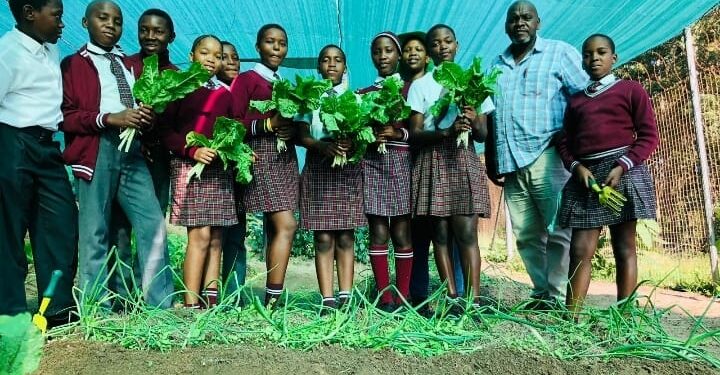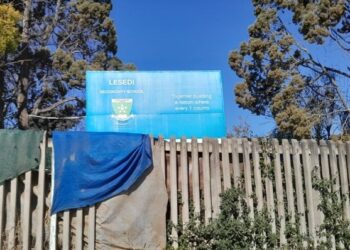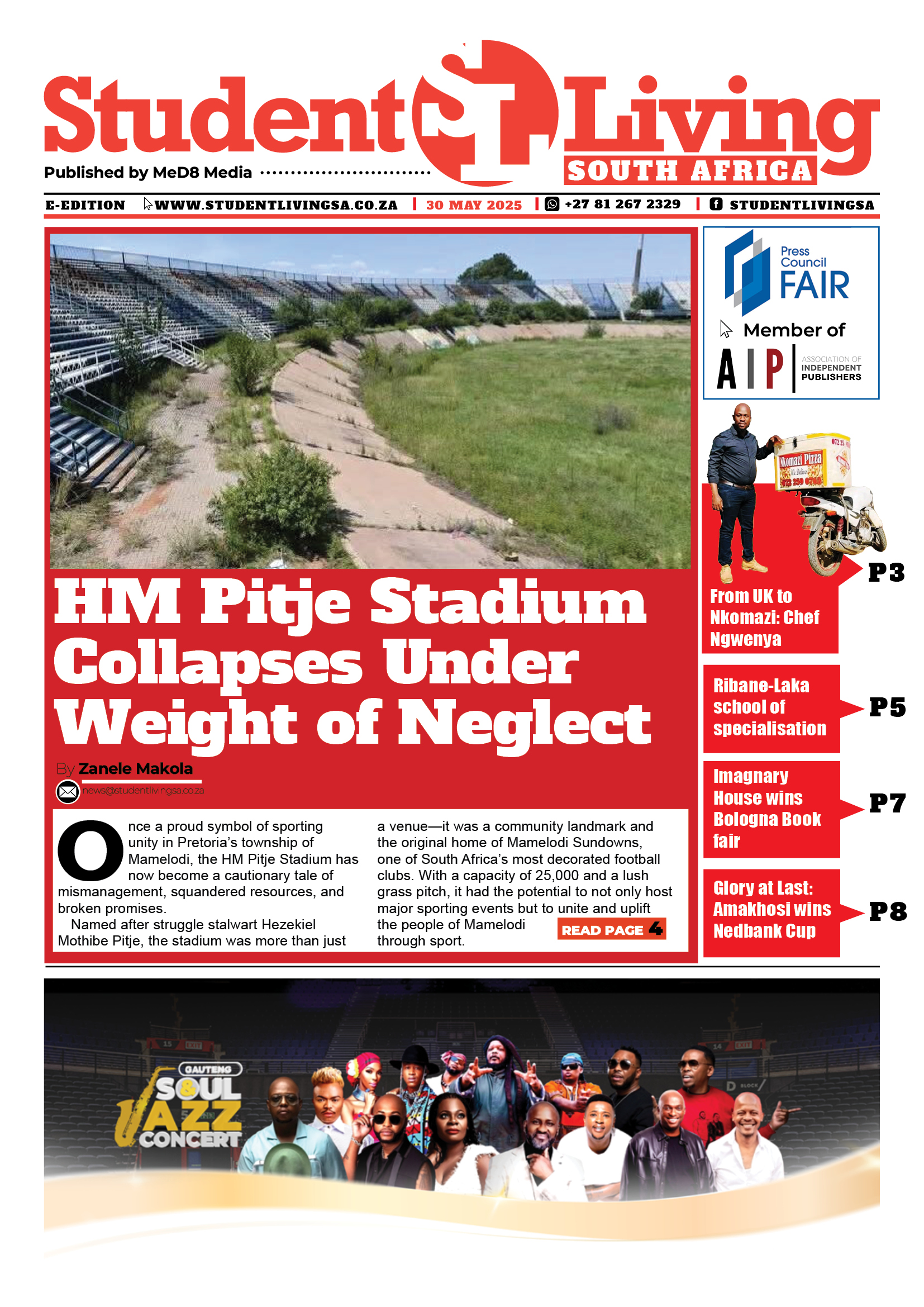BY: Vuyo Cebekhulu
Many school fields experience food insecurities,But thanks to the WILDTRUST Community Livelihood program, things are changing. They’re setting up gardens in schools to grow food. It’s not just about having enough to eat. They’re also teaching kids how to grow their own food. It’s a way to make sure everyone gets healthy food and learns important skills at the same time.
A project committed to environmental sustainability and education, the Wildtrust community Livehood wants to promote sustainable living in the rural areas and assist in food security.
Buhle Mthembu who is a worker at WILDTRUST community Livehood told student Living that they started in 2023 working for this project and it is nice working there because they learn so much about gardening, since there is water shortage in KwaZulu- Natal they teach them how to use water correctly, they teach them about mulching whereby they must put grass on top so that they do not use a lot of water when watering the seeds.

“We are also taught about health, and they give us trainings about farming. This helps us because we learn more about farming and encourages us to have food gardens in our homes,” she said.
Nomasonto Mthethwa, a supervisor at WILDTRUST Community Livehood also added, “we also provide with clean-ups in the community, and since we do food gardening in schools, we also provide the food harvested on the gardens to those we see that they are in need of food,” said Nomasonto.

The WILDTRUST an environmental NGO, with support from the Blue Action Fund and multiple partners, has been leading the 5-year uThukela Marine Protected Area (MPA) Ecosystem-based Adaptation (EbA) project since 2022. Nokuthula Mdletshe, whose job title is Community Ecosystem Restoration and Livelihoods Training Coordinator, commented, “For now, we are still piloting the permaculture garden concept. We aim to have these gardens in our Community Resource Hubs, which will be built at eNyembe under the Mkhwanazi Traditional Authority and at eNquntshini under the Macambini Traditional Authority.”
“We also aim to have these gardens in schools located near the community resource hubs. At ENquntshini, we will be planting these gardens at Sonqoba Primary School and eBendle Primary School, while at eNyembe, we will be implementing the garden at Mntokhona Primary School. Additionally, we will be assisting 40 community homesteads that are located near the Community Resource Hub in each area to start their permaculture gardens—20 at eNquntshini and 20 at eNyembe,” Nokuthula Added.
















